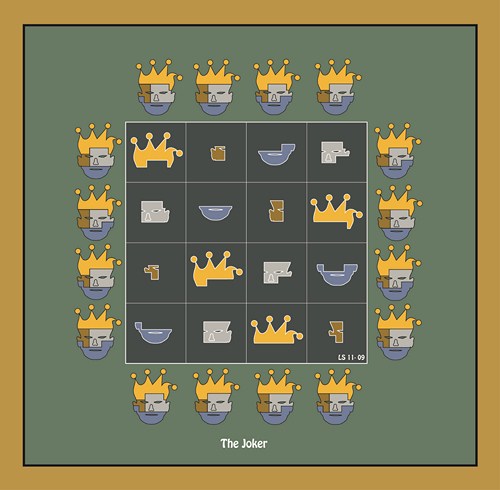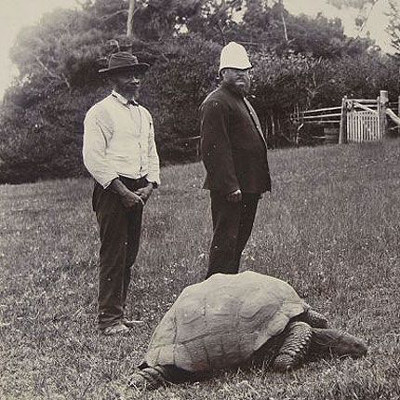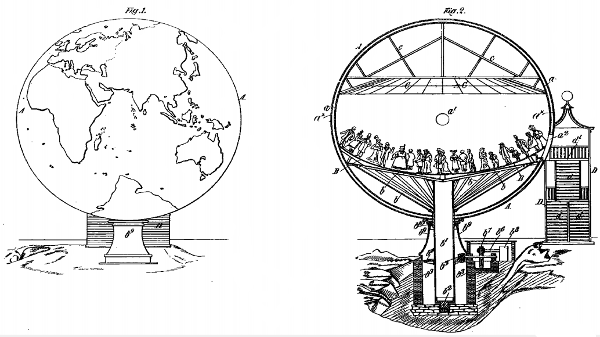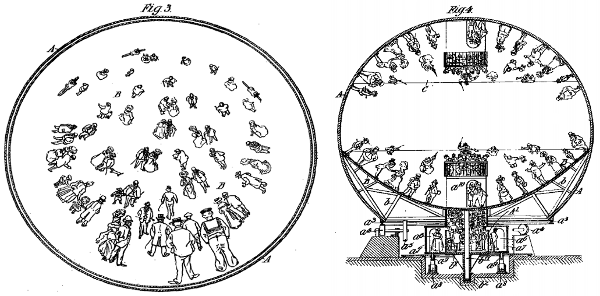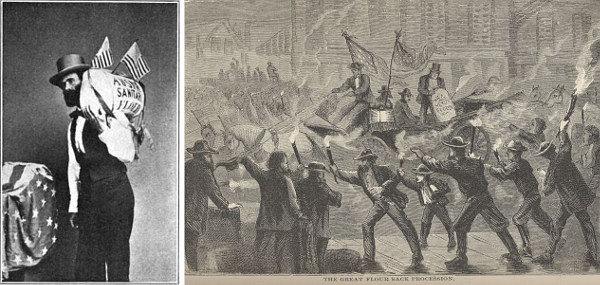In 1966 University of Kentucky social psychologist Melvin Lerner asked 72 undergraduate women to observe a peer working on a learning task. When the learner made an error she appeared to receive a painful electric shock. In describing her suffering, the observers tended to reject and devalue her when they thought they would continue to see her suffer in a later session.
Lerner suggested that we come to terms with the suffering we see around us by deciding that the world is just — that those who are unfortunate somehow deserve their fate, and thus that we can avoid such a fate ourselves. This is reflected in figures of speech such as “You reap what you sow” and “He got what was coming to him.”
“If people did not believe that they could get what they want and avoid what they abhor by performing certain appropriate acts, they would be virtually incapacitated,” Lerner wrote. “If this is true, then the person who sees suffering or misfortune will be motivated to believe that the unfortunate victim in some sense merited his fate.”
(Melvin J. Lerner and Carolyn H. Simmons, “Observer’s reaction to the ‘innocent victim’: Compassion or rejection?”, Journal of Personality and Social Psychology 4(2) [August 1966], 203-210.)
